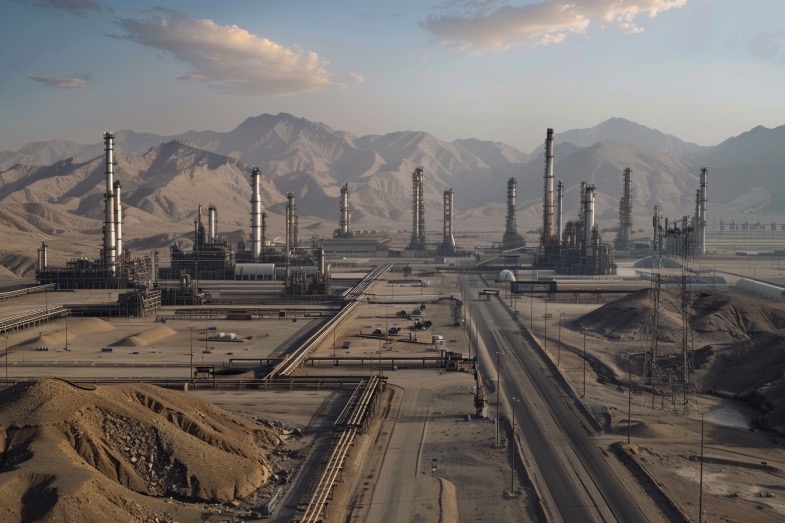Americans Hit with Record-Low Economic Confidence Amidst Trade War Turbulence
In a shocking turn of events, American sentiment regarding the economy has hit rock bottom.
The University of Michigan revealed that consumer sentiment plummeted by 11% this month to a preliminary reading of 50.8, marking the second-lowest reading since 1952. April’s numbers even dipped lower than during the Great Recession.
The culprit behind this widespread pessimism? President Donald Trump’s unpredictable trade war, which poses a threat of increased inflation, has cast a shadow over Americans’ outlooks in recent months. The despair intensified in the lead-up to Trump’s announcement of sweeping tariffs, as per the survey’s findings.
“This decline was, like last month’s, pervasive and unanimous across age, income, education, geographic region, and political affiliation,” stated Joanne Hsu, the survey’s director.
She added, “Sentiment has now lost more than 30% since December 2024 amid growing worries about trade war developments that have oscillated over the course of the year.”
The Federal Reserve and Wall Street are closely monitoring how this souring sentiment will impact consumer spending, which drives about 70% of the US economy, and whether Americans will lose confidence in a return to normal inflation levels in the near future.
Trump recently put a hold on his significant tariff increase for 90 days, but maintained a 10% baseline duty on all imports into the US, along with tariffs on specific products. This move marked the most significant spike in US duties in the past 200 years, as reported by Fitch Ratings to CNN.
However, China was excluded from Trump’s tariff delay, prolonging the tense back-and-forth between the world’s two biggest economies. Beijing retaliated by raising its tariffs on US imports to 125% from 84%, escalating the trade tensions further.
The Michigan survey was conducted between March 25 and April 8, so it does not capture respondents’ reactions to the recent tariff postponement.
While surveys like these are considered “soft data” in economics, reflecting perceptions rather than actual economic activity, the impact of Trump’s tariffs is evident. The survey indicated a rise in the number of consumers expecting unemployment to increase in the coming year, reaching the highest level since 2009.
Despite economists doubting that stiff tariffs will lead to the economic success Trump desires, a shift towards solidifying America’s dominance in artificial intelligence could be the key.
Although the hard data still looks promising, with employers continuing to hire and consumers not drastically cutting back on spending yet, recent retail sales figures have fallen short of expectations.
While the elite’s spending has been instrumental in keeping the economy afloat in recent years, the turbulence sparked by Trump’s tariffs is now threatening this stability.
BlackRock CEO Larry Fink drew parallels between the current uncertainty caused by the tariffs and the 2008 global financial crisis, emphasizing the need for strategic client engagement during such periods.
JPMorgan Chase CEO Jamie Dimon echoed these sentiments, highlighting the significant turbulence the economy faces amidst geopolitical challenges.
Of particular interest to the Fed is Americans’ perception of prices, as it can influence spending behaviors. Recent data shows expectations for inflation rates in the near future have surged to levels not seen since 1981, posing challenges for the Fed’s monetary policy in combating inflation.
If inflation expectations become entrenched at higher levels, the road to price stability becomes longer, the labor market weaker, and the economic scars deeper, cautioned Dallas Fed President Lorie Logan.
With inflation expectations on the rise and consumers sensitive to elevated prices, the economy faces a critical juncture where maintaining stability is paramount. — CNN



